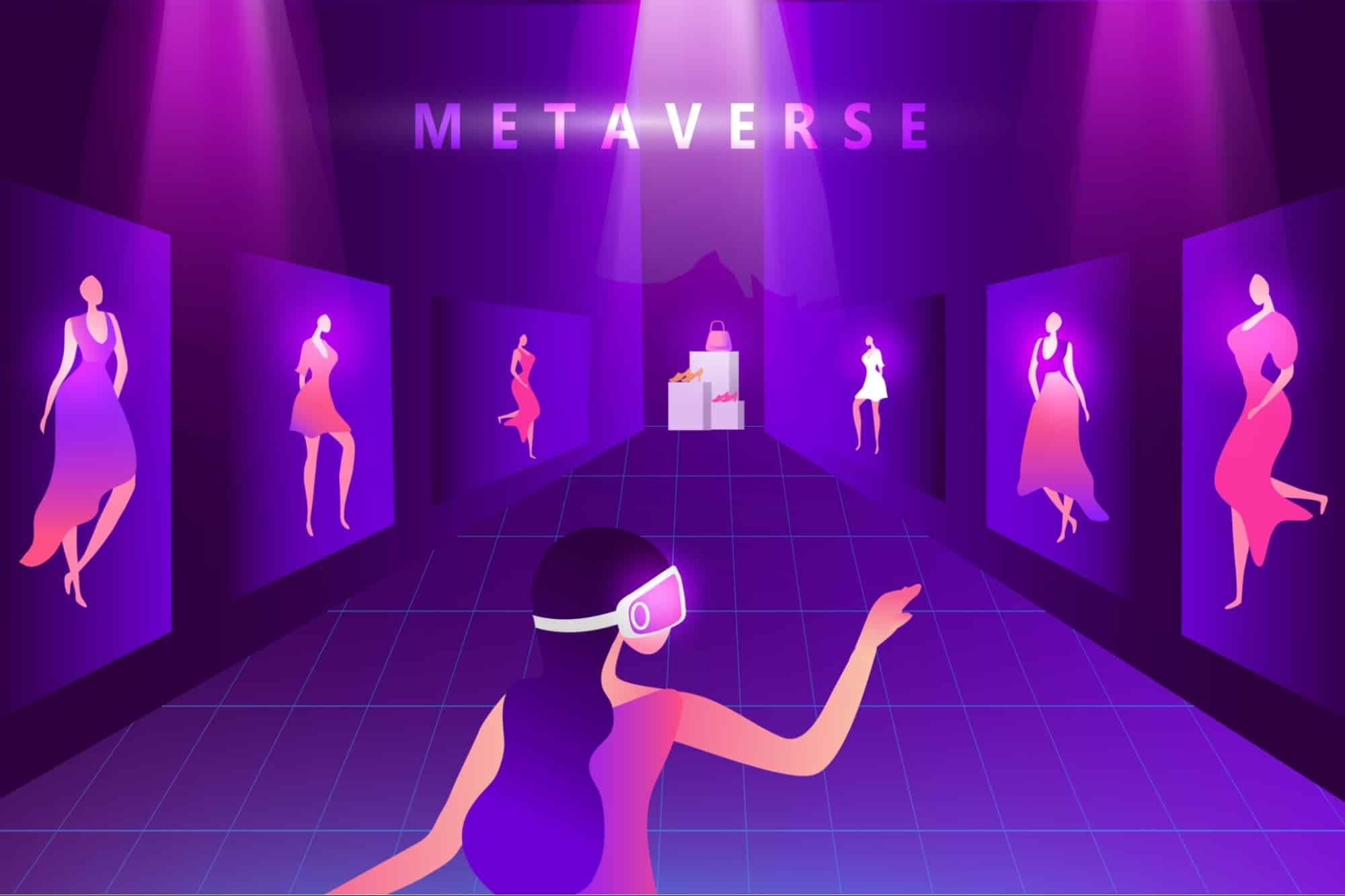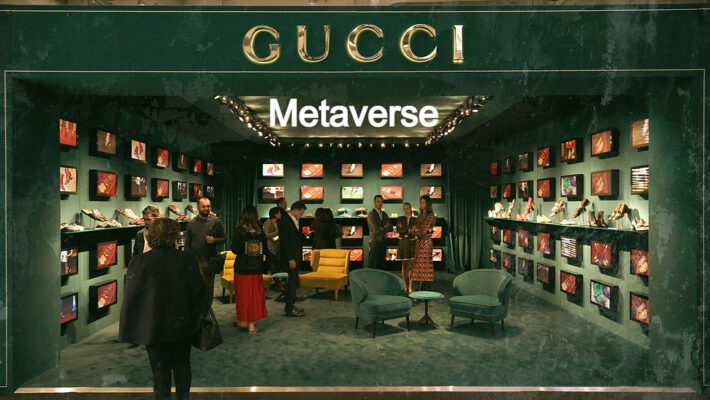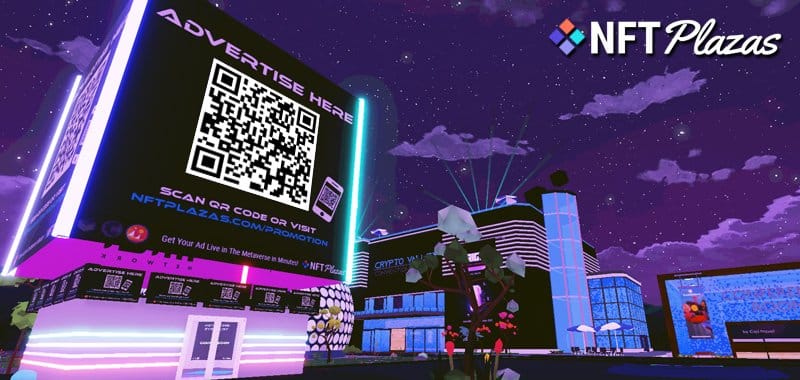Digital marketing and the metaverse
The metaverse is one of the main terms we come across every day in the media. Ever since Facebook CEO Mark Zuckerberg presented his new company Meta, the topic has been on the minds of millions of Internet users around the world. It can be assumed that companies and their digital marketing will use the various “metaverses” in the near future to reach customers in completely new ways.
You can almost compare it to the past steps that catapulted marketing into the digital age. Just as we have moved from print media, news and radio broadcasts to social media, SEO and digital inbound marketing strategies, the metaverse will be the next crucial milestone in the evolution of marketing. But what exactly is the metaverse and how are VR and AR technologies related to it? Find out how the metaverse will change digital marketing.
Digital marketing completely reinvented
The majority of companies and marketing specialists have observed the rapid growth of VR and AR applications not only in the entertainment industry, but also in a wide variety of marketing contexts. Since, according to many experts, it will be commonplace to offer virtual and augmented reality for online shopping experiences within the next few years, the importance of the metaverse as the latest trend for marketing one’s own brand and company is also increasing.
Roughly speaking, the metaverse is a digital space characterised by its consistent existence and by the use and representation of real, virtual and augmented realities. A metaverse like Meta’s and other similar platforms are nothing more than digital places where users can interact with each other, access information, shop, spend money or even own things. The Metaverse has many features that make it particularly attractive for marketing specialists. This includes, for example, the fact that a metaverse is always active and is not terminated as soon as a user exits. It is a kind of digital universe that allows users to learn, create, own, buy, sell, invest in or just play things within it, like gaming. This means that marketing can also be applied uniformly to a wide variety of digital environments, and products can be transferred from one video game to another, for example.
Forecasts and the use of augmented reality
Some experts are of the opinion that platforms such as Google will also offer immersive possibilities in the future, for example to visit websites in augmented or virtual reality technologies. This means that companies that want to remain innovative must adapt their brand presence to a digital world in which 3D media predominate. Social media of the future may resemble virtual worlds such as Fornite or Roblox, allowing users to create 3D and augmented reality avatars and then use them to visit websites in the metaverse and buy products, for example. There will therefore be a switch from passive media content such as photos and videos to interactive content. But augmented reality is also being used more and more in interior design.
How do you advertise in the Metaverse?
Probably the most common way to dive into the metaverse with the marketing strategy so far is with the use of NFTs. Companies often resort to the creation of platforms on which, for example, digital merchandise of their own brand can be traded in the form of NFTs. But not only merchandise or art can be offered in this way, the fashion industry is also already active in the metaverse; fashion houses such as Gucci, for example, already offer clothing for avatars, which can be purchased as NFTs in a digital showroom in the metaverse.
A somewhat more classic way of advertising your own brand in the metaverse is the use of virtual advertising posters within interactive games. It’s a bit like watching a real football match where you can always see perimeter advertising along the edge of the pitch. Exactly the same can be realised in a virtual football game.
When entering the metaverse, marketers must be aware that they are also dealing with completely new formats. In metaverse platforms such as Meta, Roblox or Fortnite, brands attract far more attention when they collaborate with the developers of the respective platform. Not only do they have the necessary expertise to create marketing content, they also help to create advertising, content or digital products that are also relevant to the respective community.
Hurdles and construction sites in the metaverse
However, digital marketing in the metaverse also harbours some new challenges. The most obvious are the technical requirements, which currently still exclude a large part of the range. Digital mass marketing is difficult when many people cannot yet afford VR glasses or top-of-the-range devices.
Security and data protection are also two highly relevant topics for Metaverse users. New technologies always bring with them the need to develop new standards for data protection. To be able to move around in the metaverse at all, you need a lot of personal data.
As with the use of all innovative technologies, it is probably only a matter of time before suitable guidelines are set in the metaverse context and hardware becomes available to a wider audience.
The potential is huge
Although there are already rough approaches to individual guidelines and strategies for metaverse marketing, all innovative marketing experts should set themselves the task of tackling and exploring this exciting new area. The metaverse and the use of increasingly popular trends such as VR and AR technologies offer plenty of room for experimentation. The right strategies will only become established through trial and error over time – don’t forget that as an early starter you will stand out from the competition anyway. Every new marketing approach in the Metaverse guarantees uniqueness.







